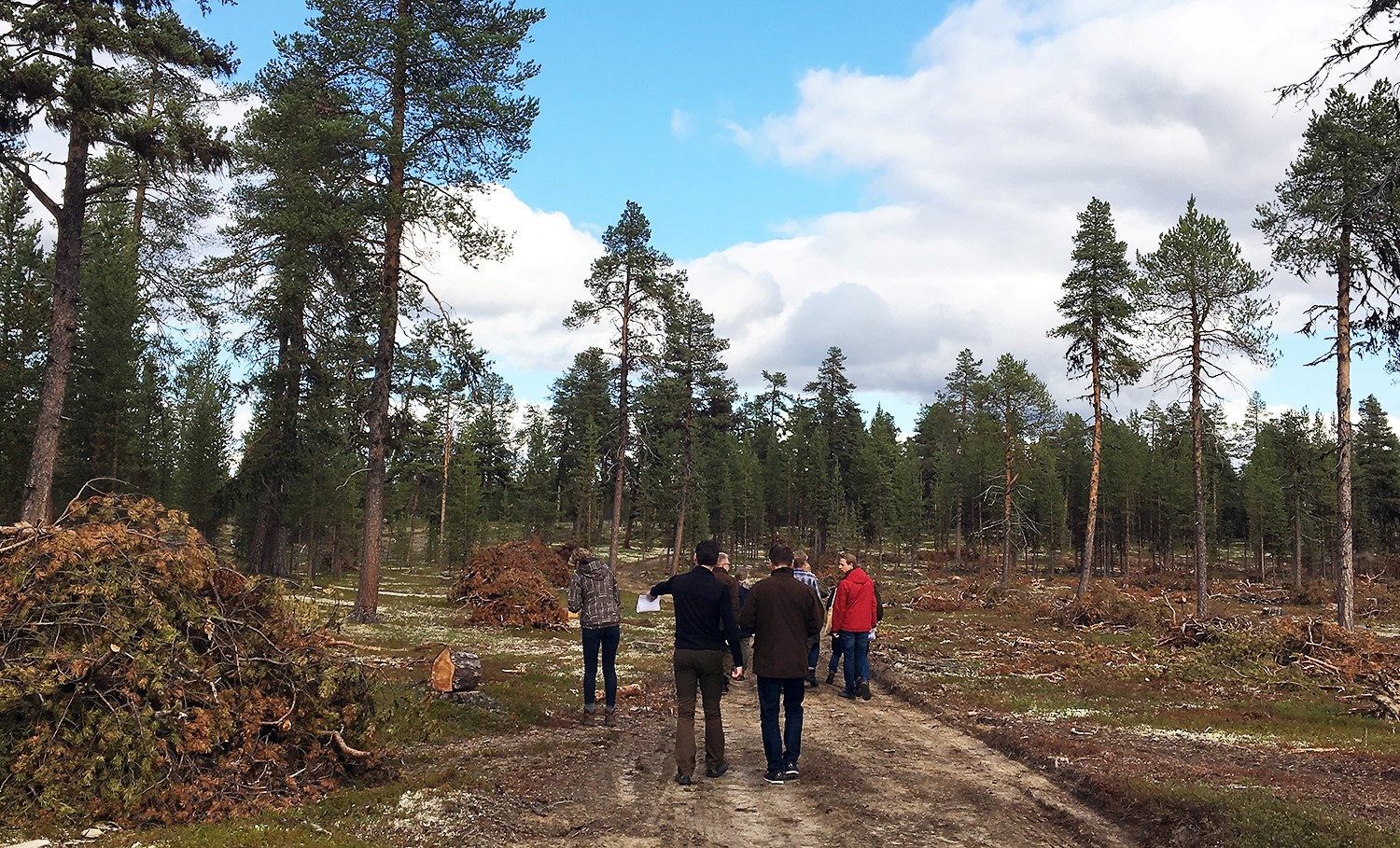Ahlstrom expects all new suppliers to sign its Supplier Code of Conduct or otherwise be deemed compliant. Ahlstrom employs a rigorous vetting and evaluation process for all types of suppliers. Typically, heightened risk is associated with certain geographies or a lack of transparency regarding upstream activities in the supply chain, including suppliers beyond the direct ones. Risk evaluation is conducted when the category strategy is developed, based on parameters related to the supplier's production, financial status, logistics, and important sustainability factors.
Ahlstrom's Sustainable Procurement Policy describes the principles that guide our activities with suppliers and set clear, non-negotiable minimum requirements related to compliance, human rights—including the prevention of forced labor, child labor, and human trafficking—as well as employees’ rights to freedom of association and collective bargaining.



